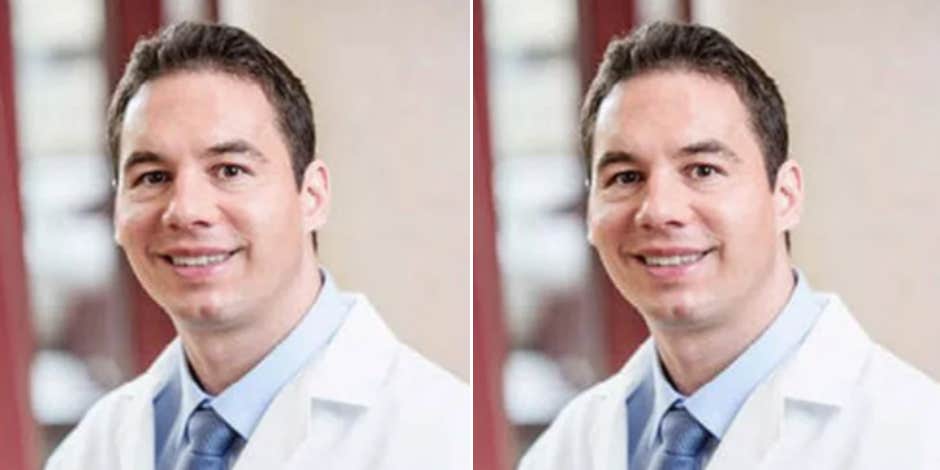Who Is William Husel? New Details On Ohio Doctor Accused Of Murdering 25 Patients With Fentanyl Overdoses
One overdose could be an accident. 25 by the same doctor probably isn’t.
 Mount Carmel Health
Mount Carmel Health This week, a critical care doctor in Ohio Columbus-area Mount Carmel Health System named William Husel was charged with murder in the overdose deaths of 25 patients. Allegedly, he “purposely caused the death” of each of his patients who were administered lethal amounts of fentanyl.
Uh…what? Who is William Husel?
1. The drugs he gave them “shortened their life and hastened or caused their death,” according to a Franklin County Prosecutor’s Office press release
Fentanyl is a drug that produces a similar experience as heroin, but is available at a much cheaper price. According to the United States Drug Enforcement Administration website, it’s a synthetic opioid that is 80-100 times stronger than morphine. It was developed for pain management treatment of cancer patients and is applied in via a patch on the skin. Because of its powerful opioid properties, it became a favorite of drug addicts. In fact, because of how potent and similar they are, many users are deceived into thinking that they’re purchasing heroin when they’re actually purchasing fentanyl, which is so much more addictive.
2. The overdose deaths occurred between 2015 and 2018, according to the release
Seems spread out enough to avoid suspicion, you’d think. According to NBC, almost two-dozen lawsuits have been filed against Husel. One of the cases is an 82-year-old woman who allegedly died five minutes after she was given 2,000 micrograms of fentanyl. She originally visited Mount Carmel West complaining of stomach pains, but apparently, according to the lawsuit, the doctor suggested to the family that they should consider ending the woman’s care because she was brain dead.
3. His motive is still unclear
Most of the people who died were older or already seriously ill, but there are some younger ones that raise concern—like Troy Allison, who was 44 and only went to the hospital in the first place for some erratic breathing. He was given a 1,000-microgram dose of fentanyl to treat severe pain, even though it’s typically administered in much smaller amounts. Troy had diabetes and suffered from a broken hip from a dump truck accident three years ago, but according to his wife, Christine, he wasn’t in such bad health that he should’ve died so suddenly. In this light, Husel’s lawyer, Richard Blake, is arguing that it’s not a murder case. “I can assure you there was never any attempt to euthanize anyone by Dr. Husel. At no time did he ever have the intent to euthanize anyone.”
4. He pleaded not guilty
His bond was set at $1 million during the arraignment. He intends to clear his name at trial, but for now, his medical license has been suspended by the State Medical Board of Ohio, and Mount Carmel Health System had promised to “continue to implement meaningful changes throughout our system to ensure events like these never happen again.”
Everyone wants to blame the doctor—and I do, too—but I also know that at numerous points, a pharmacist has the authority to check in with a doctor if a medication dosage seems too high. They’re even able to stop it if they believe it to be incorrect. Nurses can refuse or signal to their supervisor that a number looks wrong before administering a drug. Where were they?

